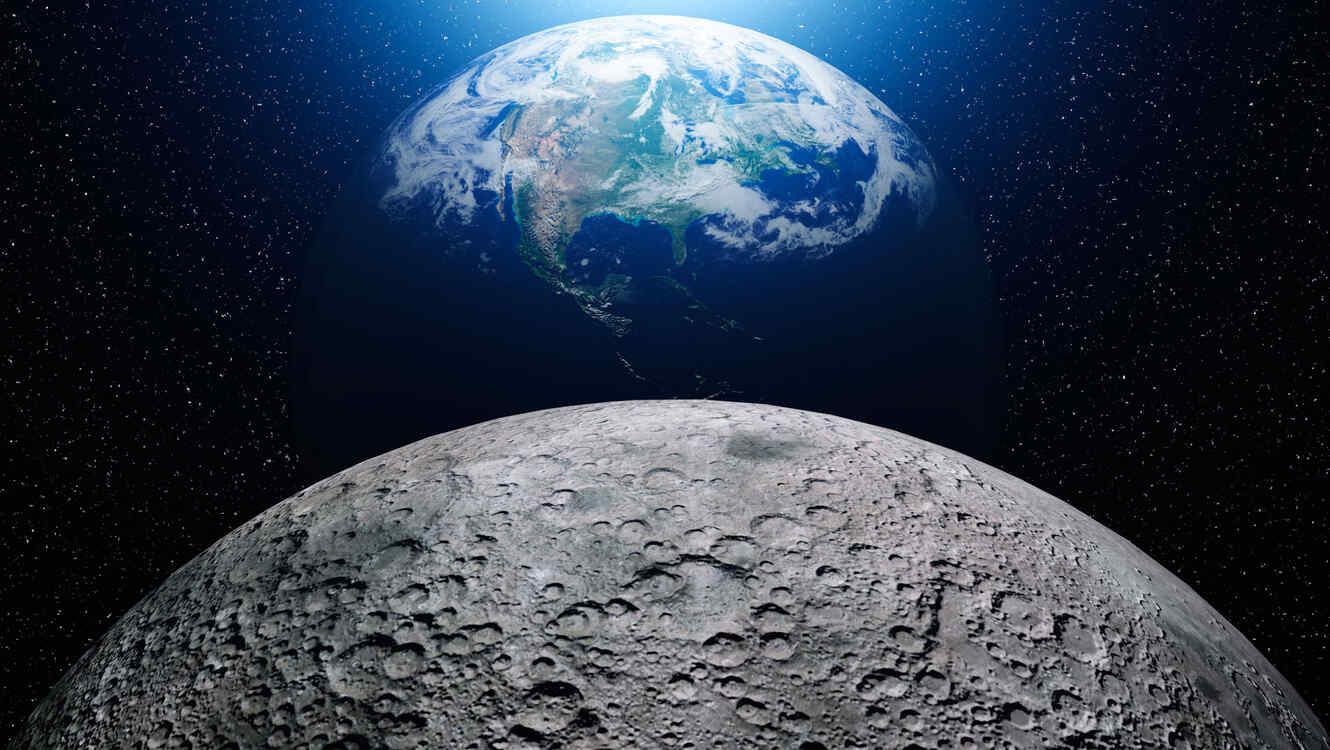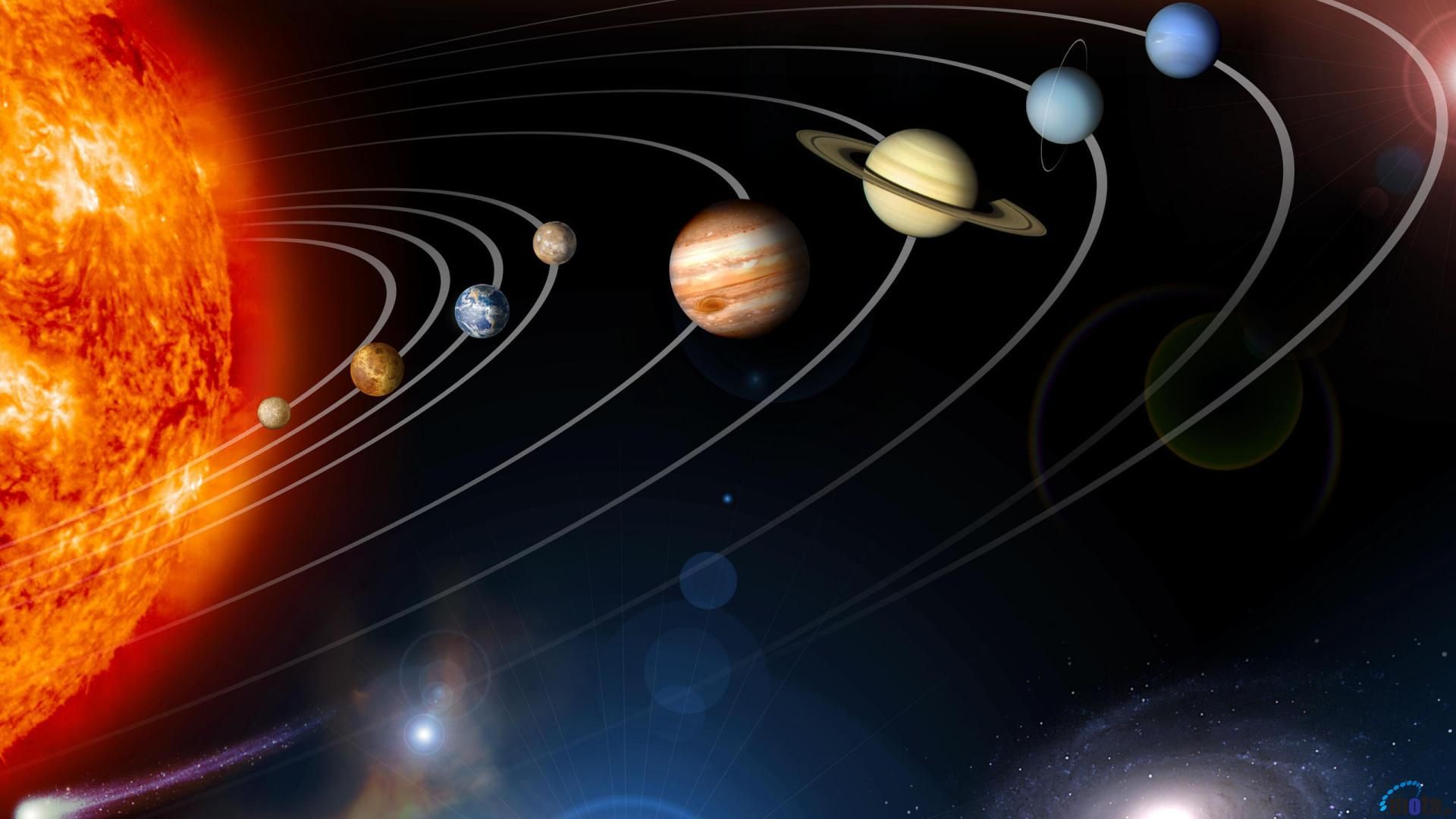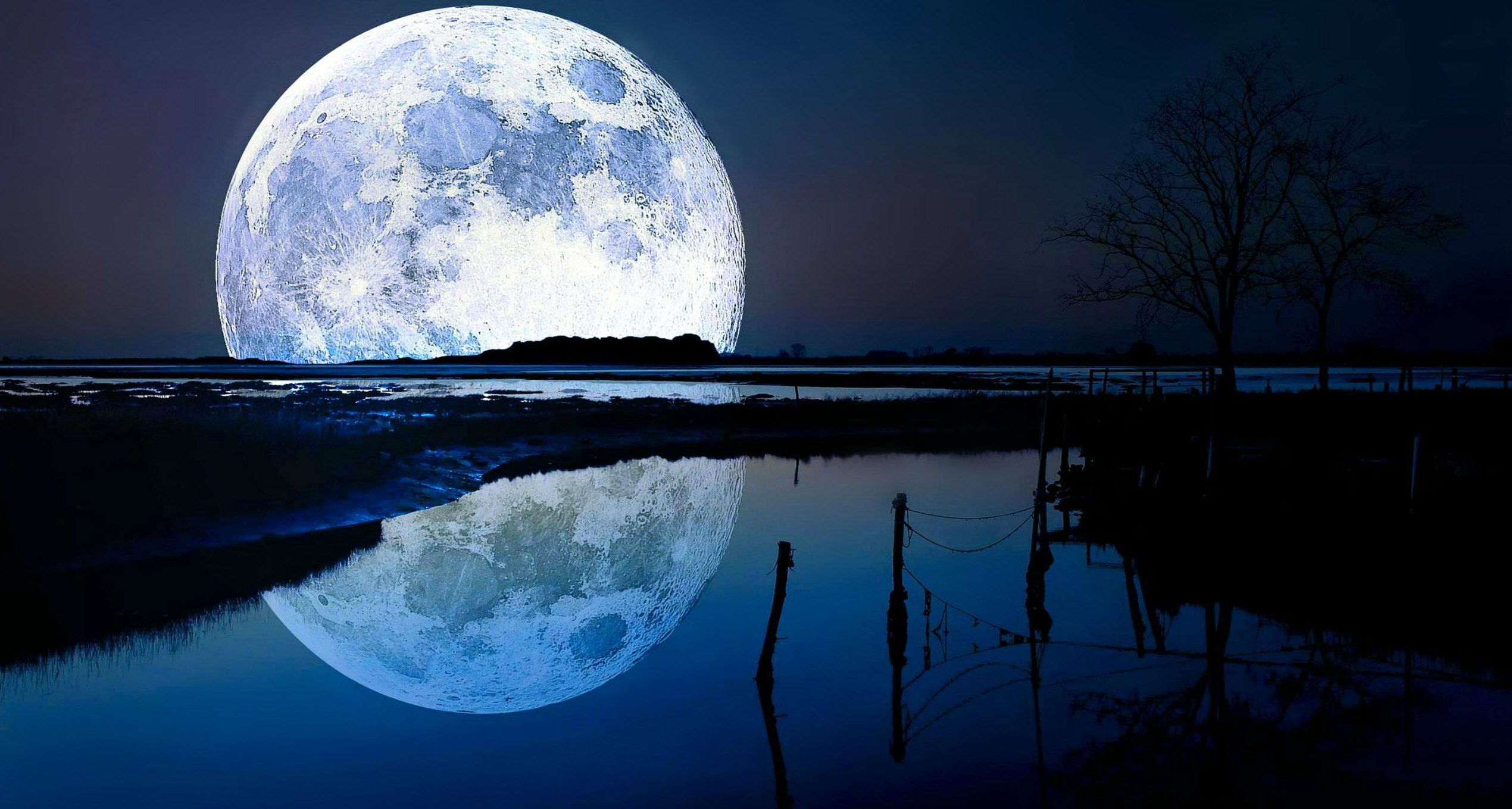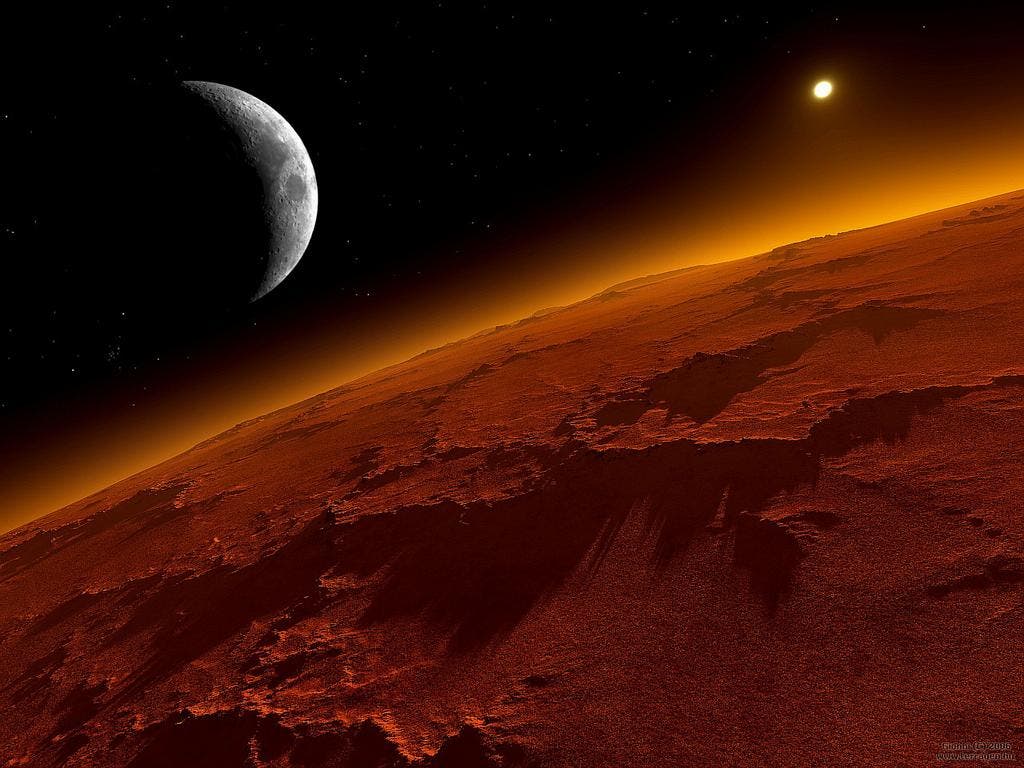La night It is a natural phenomenon that takes place on planet earth. It is mainly characterized by the absence of sunlight. We invite you to read this article so you know what the night is, its history, and much more!

What is it?
The planets of the solar system they are in constant motion revolving around the sun. All these planets including the earth rotate on their own axis. This rotation causes day and night on the earth, a fact that, according to the different time uses, produces day on one continent and night on another.
The earth takes exactly 24 hours to turn around on itself. Because of this relationship and its position with the sun, there is only one part of the earth that can face the sun at any one time.
In this way the part that faces the sun is called day, and the opposite side is known as night, therefore the rotation of the earth transforms day into night and night into day again. Meanwhile, the night side of the earth receives the light from the moon, however the moon does not emit its own light, the light from the sun reaches the moon in the same way that it reaches the surface of the earth.
The existence of the seasons and the duration of the day and night are phenomena that are linked to the two basic movements of the earth (rotation and translation). Movements of great importance that generate and develop natural changes on the planet.
The day for its part has a duration of 24 hours, also known as a sidereal day, this thanks to the rotation that the earth makes on its own axis. For its part, on earth there are 12 hours with the presence of day, and 12 hours with the presence of night.
In some seasons that develop during the year, the night is usually a little longer, and vice versa, it has been observed that the longest days occur in the spring and summer seasons, in this case the night occurs more quickly. . While the longest nights are developed in the winter and autumn seasons, thus being the shortest days.
The night and its history
Since the night is a natural fact that has occurred since the foundation of the world, it is not a fact to which we can delimit its existence from a date as such. We refer then to history as its interpretation.
Clearly, the man in ancient times did not have exact references of how and why day and night were produced, however scientific advances and physical theories, over time, managed to offer us great data that allowed the full interpretation and understanding of how and why these phenomena occurred on our planet.
In ancient times, the night was divided into several sections, (four) specifically. This happened in Europe, vigils were held, in order to guard the surroundings that they used to protect. From six in the afternoon until nine at night, from nine to twelve, from twelve to three in the morning, and from three to six, in this way the guards took turns during the four guards divided into hours.
Curiously, the inhabitants of the Frankish empire counted the days through the nights, and in other European regions the same practice was carried out.
The night on other planets
Our planet earth has countless characteristics that make it perfect compared to other planets that make up the solar system, in this case, we will take a look at those planets that are characterized by having nights for shorter or longer periods:
- Mercury: It is the closest planet to the Sun, it rotates with a speed of fifty kilometers per second, being the fastest of all the planets, so it only takes around eighty-eight Earth days to go around the Sun.
However, despite how quickly the planet revolves around the sun, it does not rotate quickly on its own axis, that is, its rotation is an obviously slow process, since it takes 58 days to rotate on itself. In this way, a night on Mercury would have a very long period of time compared to Earth, taking into account that the full day on that planet is 58 days with 15 hours and 30 minutes, that is, 1407 hours.
- Venus: It is the second closest planet to our star, its rotation on itself is extraordinarily slow, in fact, it is the slowest in our entire solar system, therefore, the days on Venus are extremely long, they last 116 days with 18 hours, which is equivalent to about 2802 hours. This means that Venus has an incredibly long night in terms of time, thus being the longest in the solar system.
- Mars: It is the fourth planet in our solar system, the cycle that it performs on its own axis is very similar to that of Earth, having a total day of 24 hours and 37 minutes, therefore, the night on Mars is particularly almost equal to that of the Land.
- Jupiter: It is the fifth planet in order of proximity to the Sun, and the largest in our solar system. But not only is it the largest, but it is also the fastest when turning on itself, having a total day of only 9 hours and 56 minutes, that is, less than half of an Earth day. As a consequence, the gas giant has very short periods without the presence of light.
- Saturn: Saturn is the sixth in order and the second largest in our system. In particular, it is also the second fastest to complete the cycle on its own axis, having a day of less than half that of Earth, it is 10 hours and 42 minutes, this means that it also has very short periods without the presence of light. solar.
- Uranus: It is the seventh planet in our system and according to experts, it is also one of the strangest. Thanks to the fact that it is the planet with the most difficult days to measure, this is because, unlike the other planets that have their poles at the extremes, the poles of Uranus point towards the Sun, this means that it makes a rotation "vertical" (in the direction of the Sun), therefore the night on Uranus would be dramatically different. Astronomers say that it has a rotation of approximately 17 hours and 14 minutes.
- Neptune: It is the eighth planet in distance from the Sun. Although it is the second that takes the longest to rotate around the Sun, taking an extraordinary 164 Earth years, the rotation it makes on itself is not so surprising, considering Note that it is only 16 hours and 6 minutes, which means that the night on Neptune is neither so short nor so long in terms of time.
As we can see, the night on the planets of the Solar System varies considerably depending on how fast they cycle on their own axis. This leaves us to the imagination to think of spectacular and unusual nights like those of Uranus or peculiarly short nights like those of Jupiter, as well as, we can find very dense nights like those of Neptune because it is the furthest planet.
The night and popular culture
When we speak of night, popularly in our culture, we tend to think of risk, exposure and fear, this is due to the fact that initially man is naturally inclined to carry out his activities during the day, that is, during the day he works and functions in perfect conditions, since the day It gives you security, energy, and ensures that the body performs better.
Night, in popular culture, translates into ghosts, souls, spirits that roam the streets, daily myths that develop among a population.
For the Christian community, night denotes darkness, spiritually translated as darkness, this darkness is defined as heavenly regions devoid of light. However, in the new generations after globalization and modernity, it is becoming more and more common to go out at night, the youth, for their part, prefer to go out to enjoy at night than during the day.
What is the importance of the night?
The night is undoubtedly one of the most significant natural events for human beings, it is a time of great benefit, although it is a period in which a physical activity that requires work or recreational effort is not carried out, it is an extraordinary time that we are allowed to rest fully through sleep.
Without a doubt, sleep is a mechanism that is part of our natural process as human beings. The night is the perfect time to carry out this activity of rest and relaxation, a night time that is characterized by great calm and tranquility of great perfection.
Many are not aware of how perfect we are to have a night like ours on the planet, taking into account that on some of the planets in our solar system the nights are much longer.
The night is a majestic spectacle, a time worthy of admiration for the beauty of what is in it, the sky is bathed in millions of Stars and grandiose constellations that are reflected in it, and offer man a true spectacle.




